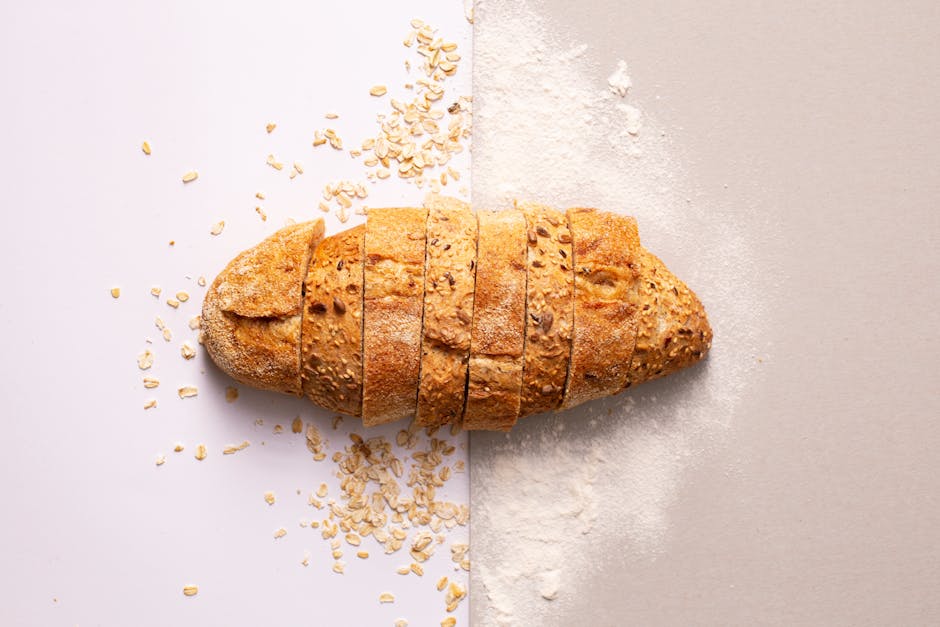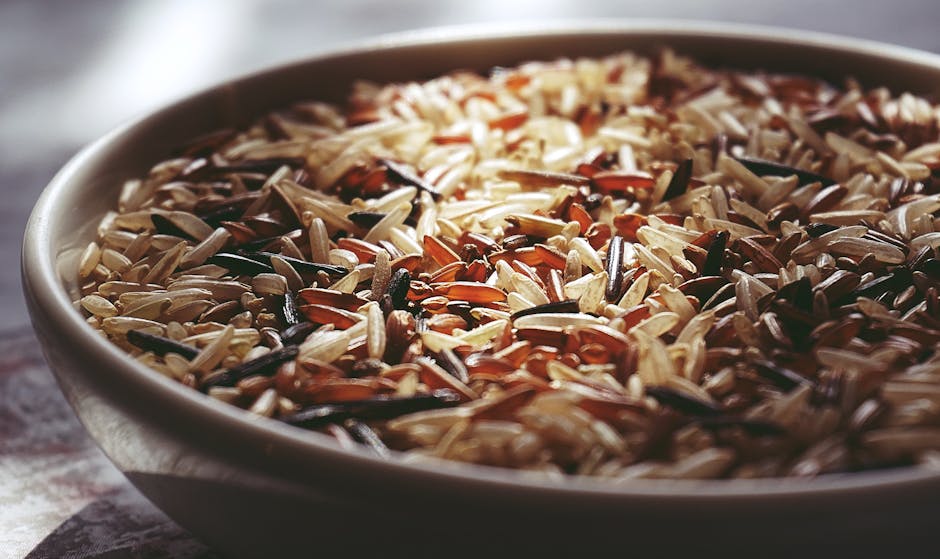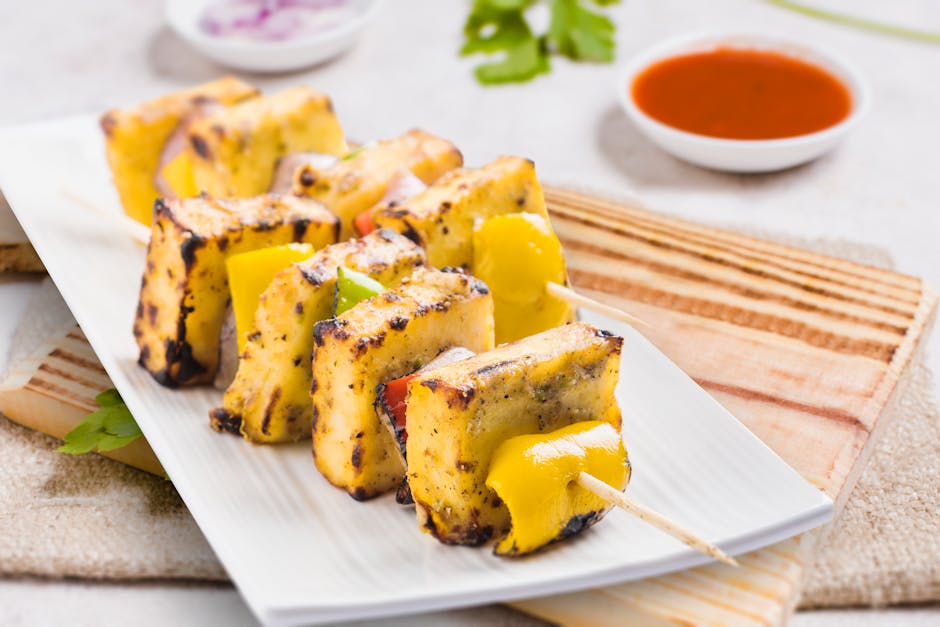What Items Are Compostable? Find Out Instantly
Discover what items are compostable with our searchable database. Find instant answers for 140+ compostable items including bread, meat, cardboard, and more.

Banana Peels
Excellent for composting and adds valuable nutrients
What Makes an Item Compostable?
Compostable means a material can safely break down into soil. Stick to fruit and veggie scraps, coffee grounds, yard trimmings, and plain paper or cardboard. Avoid plastics, coated papers, chemicals, and anything likely to attract pests or spread disease.
YES - Compostable
Organic materials that break down naturally and add nutrients to compost. Safe for most composting systems.
CAUTION - Special Care
Items that can be composted but require special handling, preparation, or specific composting methods.
NO - Not Compostable
Items that don't break down naturally, contain harmful chemicals, or attract pests. Should be disposed of properly.
Popular Compostable Items
Here are the most commonly searched compostable items. Use the search bar above to find any of our 136+ items, or browse all compostable items.

Bread
Bread is readily composted because it's a high-nitrogen food source that decomposes relatively quickly.

Paper Towels
Paper towels are generally compostable because they're made from plant fibers that readily break down, but only if they're free of contaminants.

Cardboard
Cardboard is generally YES, because it's a readily compostable brown material that adds crucial carbon to your compost pile, aiding decomposition.

Rice
Rice is compostable because it's a readily biodegradable carbohydrate source, though its dry nature means it should be balanced with nitrogen-rich materials.

Cheese
Cheese can be composted, but its high fat and protein content presents significant risks, requiring careful handling to prevent odor and pest problems.

Dog Poop
Composting dog poop is possible, but requires careful handling due to potential pathogen risks and the need for high-temperature composting to ensure proper decomposition and kill harmful bacteria.

Meat
Composting meat is possible but requires careful attention to safety and proper techniques due to the high risk of attracting pests and spreading pathogens.

Tea Bags
Tea bags can be composted, but only if they are made of unbleached paper and contain only tea leaves; many contain plastic and staples that are not compostable.
Learn More About Composting
Master the art of composting with our comprehensive guides and resources.
Complete Step-by-Step Guide
Everything you need to know to start composting at home, from choosing a bin to troubleshooting common problems.
Learn More →Master the Perfect Compost Recipe
Learn the ideal browns vs greens ratio and how to balance carbon and nitrogen for healthy, fast-composting piles.
Learn More →